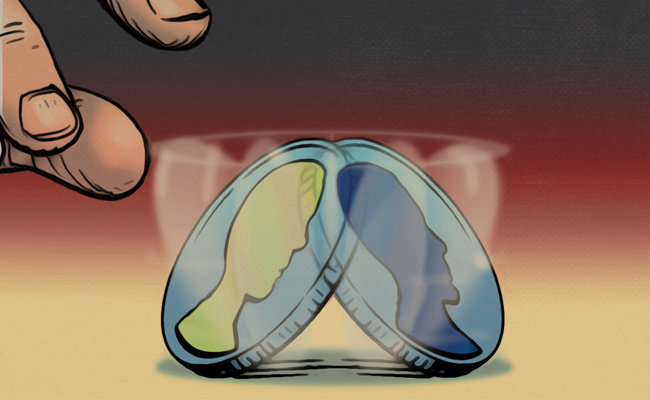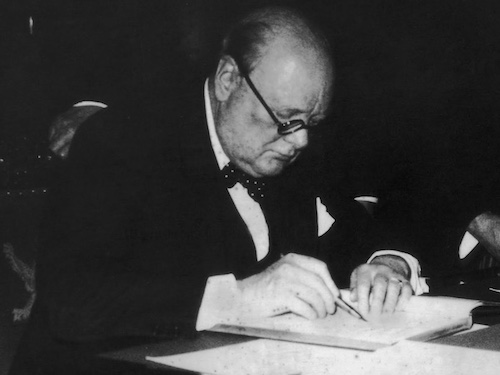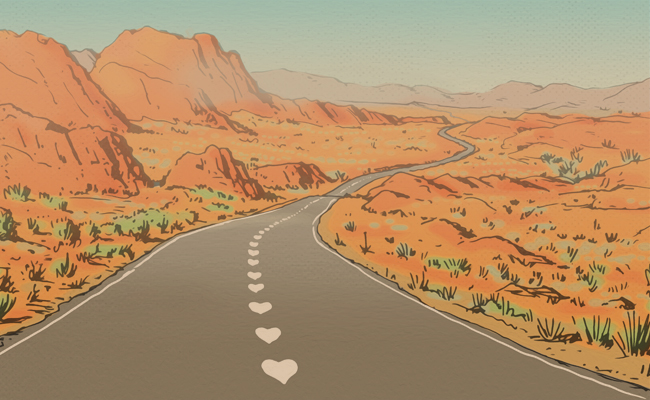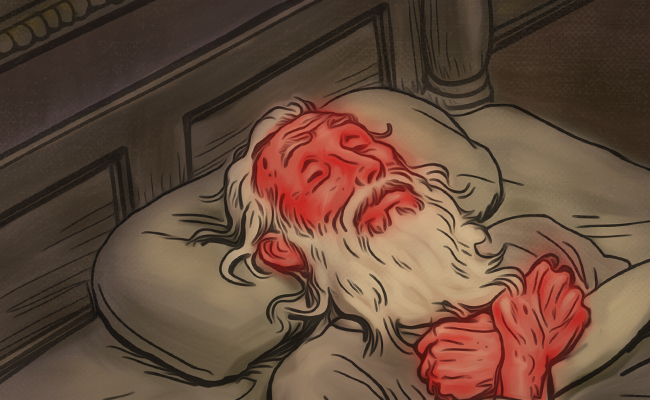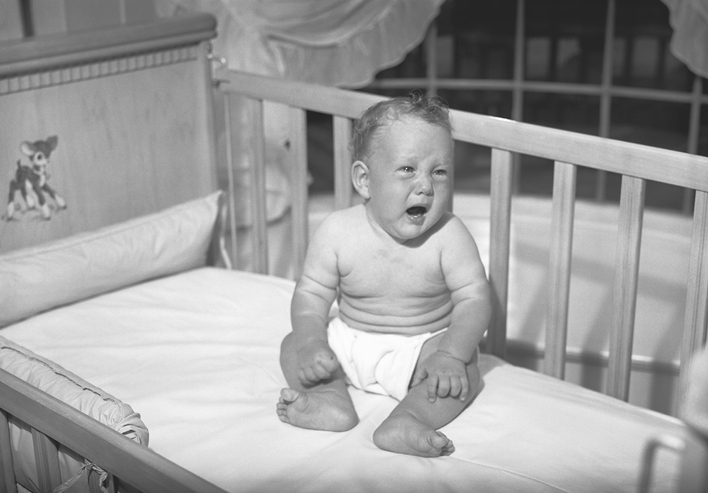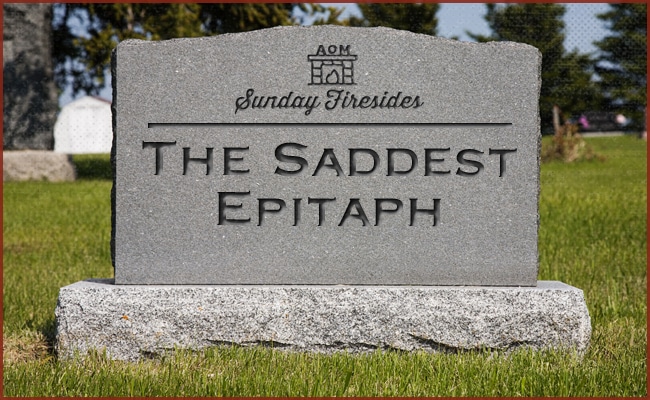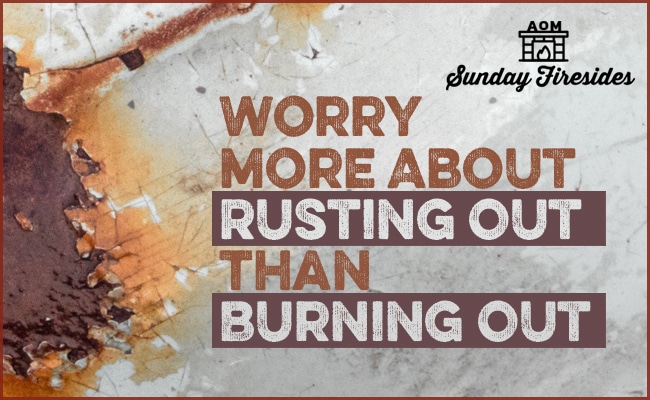
There’s been a lot of talk these days about burnout. Pushing too hard, for too long, can do a number on your mental and physical health.
Comparatively little discussed is a malady that can be just as pernicious: rust out.
Rust out occurs from the under use of your capabilities.
Few individuals ever approach the limits of their capacities or come close to exhausting their inner resources. Indeed, in most people, they remain largely untapped.
The mass of men are walking around with at least one, if not several, unfulfilled dreams. The average human is a bundle of intentions never acted upon.
Even in individuals who put an effort towards work hot enough to singe, the rest of their dimensions lie cold and dormant.
They haven’t made music or written poetry in decades. Their ability to think deeply has wasted away. Their faculties for feeling the heights of romance or enacting a great friendship exist in a moth-eaten state. Their faith is sustained by the echoes of spiritual experiences they had when they were seventeen.
So many live the life of a crevice dweller, he who emerges from a dark abyss at birth, and falls back into it at death, unmourned, unmissed, having failed to make so much as a ripple in the world.
It would be best to avoid either extreme — to neither burn out nor rust out. But better to worry more about doing too little than doing too much. Better to feel, as Jack London did, that “I’d rather be ashes than dust.”
The ill effects of burnout can typically be reversed.
But the regret of reaching the end of your life having never tasted a season of glory or had at least a few moments where you streaked across the sky as the brightest of lights?
That can never be undone.


